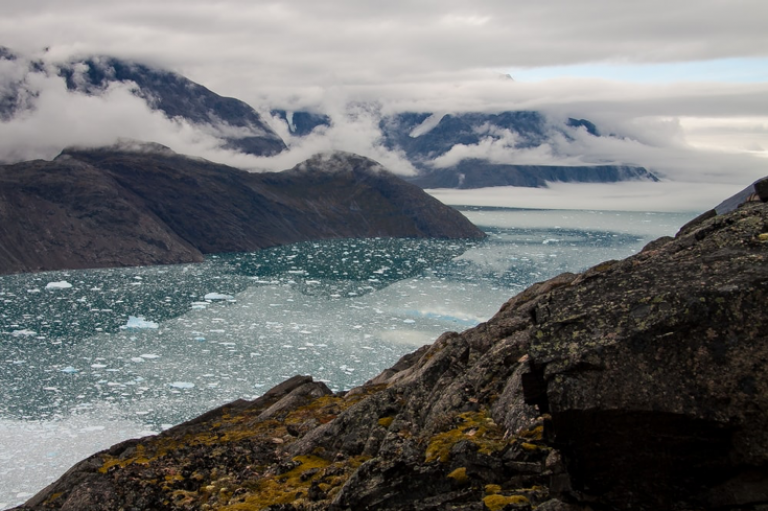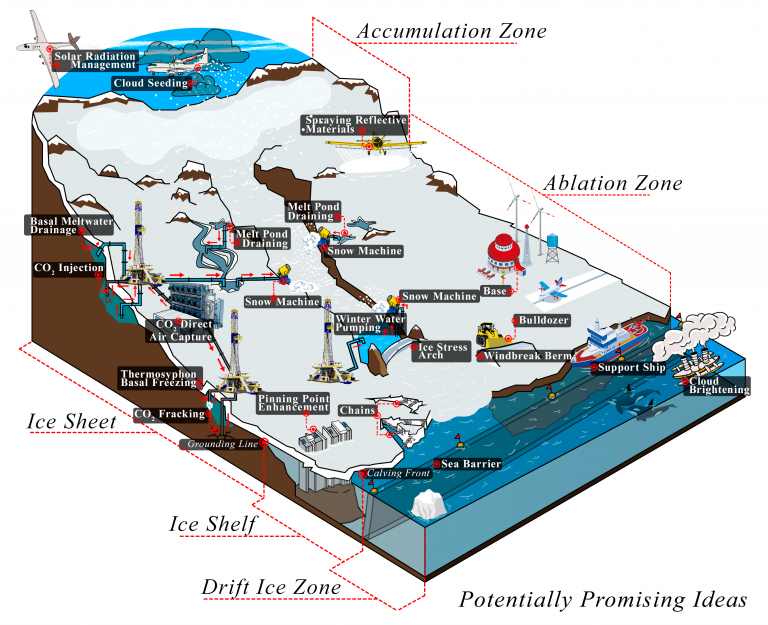Hacking glaciers may slow sea level rise finds new study
15 January 2021
Glacier-hacking approaches could potentially slow their contribution to sea level rise - giving coastal communities more time to retreat. The research was led by Bartlett School of Construction and Project Management Honorary Research Assistant Andrew Lockley.

Sea level rise is a key threat from global warming. Much of the new seawater comes from a few big glaciers in Greenland and Antarctica. Hacking glaciers could slow their flow buying time to move inland.
The study finds that one promising engineering method to slow the flow is to drill through to the rocky base of the glacier, and pump any water out. This could make the ice jam onto the rock, dramatically reducing the speed of the downhill slide. Injecting cold CO2 may help this process.
Another approach is to brighten the surface of the ice, to reduce surface melting. This can be done by adding fresh white snow, using cloud seeding or snow machines. Draining away any dark meltwater lakes that form on top of the ice can also reveal brighter ice underneath.
Thickening ice shelves can be used as a way to create strong dams of ice, jamming glaciers as they flow through narrow channels. This can be done by pumping sea water up through the ice shelf, using drilling rigs.
Some techniques may be risky, so careful research is needed. For example, breaking through floating ice to construct reinforced concrete barriers might result in ice shelves disintegrating.
Lead author, Andrew Lockley, Bartlett School of Construction and Project Management Honorary Research Assistant, said:
"Sea level rise threatens to flood cities and farmland. It is one of the most challenging impacts of climate change. Our paper suggests a range of ideas for slowing glaciers, to delay or reduce sea level rise. None of these approaches are ready for immediate use. However, they represent potentially-promising opportunities for further investigation."
Other institutions involved in the study include the College of Global Change and Earth System Science, Beijing Normal University, the Arctic Centre, the University of Lapland and the Southern Marine Science and Engineering Guangdong Laboratory, Zhuhai.
Read the full paper: Glacier geoengineering to address sea-level rise: A geotechnical approach

 Close
Close

